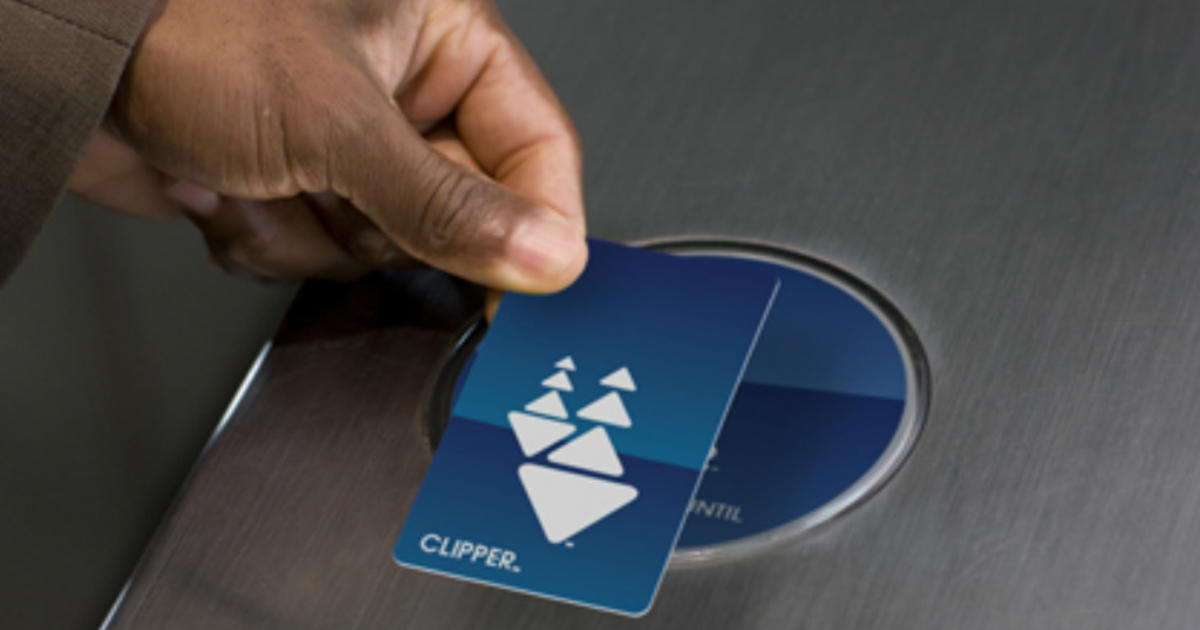BART Avoids Labor Woes; Extends Contracts With Unions
OAKLAND (CBS SF) – Officials with the troubled Bay Area Rapid Transit system announced Monday a tentative deal with its major unions that would extend the current labor agreement for another four years.
The deal -- which runs from 2017-2021 -- now needs the approval of the unions' rank-and-file and BART board. It would avoid any repeat of the work stoppages that plagued the negotiating process in 2013.
Commuters suffered through a pair of four-day work slowdowns or stoppages before the deal was hammered out in October 2013.
It was the lingering memories of those strikes and the commuter chaos they triggered that brought the unions and BART management to the table for a series of secret negotiations.
"Both sides acknowledge we need to rebuild this system," BART GM Grace Crunican said. "We need to focus on our ridership."
Sal Cruz, president of the American Federation of State, County and Municipal Employees Local 3993, called the deal a "pivotal moment in BART's history."
"This is a pivotal moment in BART's history in labor relations," Cruz said. "The amount of collaboration it took to make this happen was tremendous."
President and CEO of the Bay Area Council Jim Wunderman agreed.
"Today's agreement is a necessary, rider-centric move," Wunderman said in a prepared statement. "It recognizes that a major system overhaul of BART's aged infrastructure is the top priority. BART must provide safe and reliable service to more than 400,000 daily passengers."
Wunderman said work stoppages would have a devastating effect on aging system.
"Recent malfunctions have brought into focus the fact that if BART catastrophically fails – by a worker strike or equipment failure – current riders will spill out onto our jammed freeways and roadways creating unprecedented gridlock," he said. "We cannot afford that."
The new pact calls for nearly 11 percent in total worker raises over the next four years. The raises will include a pair of 2.5-percent hikes over the next two years, followed by two 2.75-percent raises in each of the following two years.
The agreement will also include ridership based bonuses based on same three sets of criteria – ridership growth, health care cost and pension cost increases.



